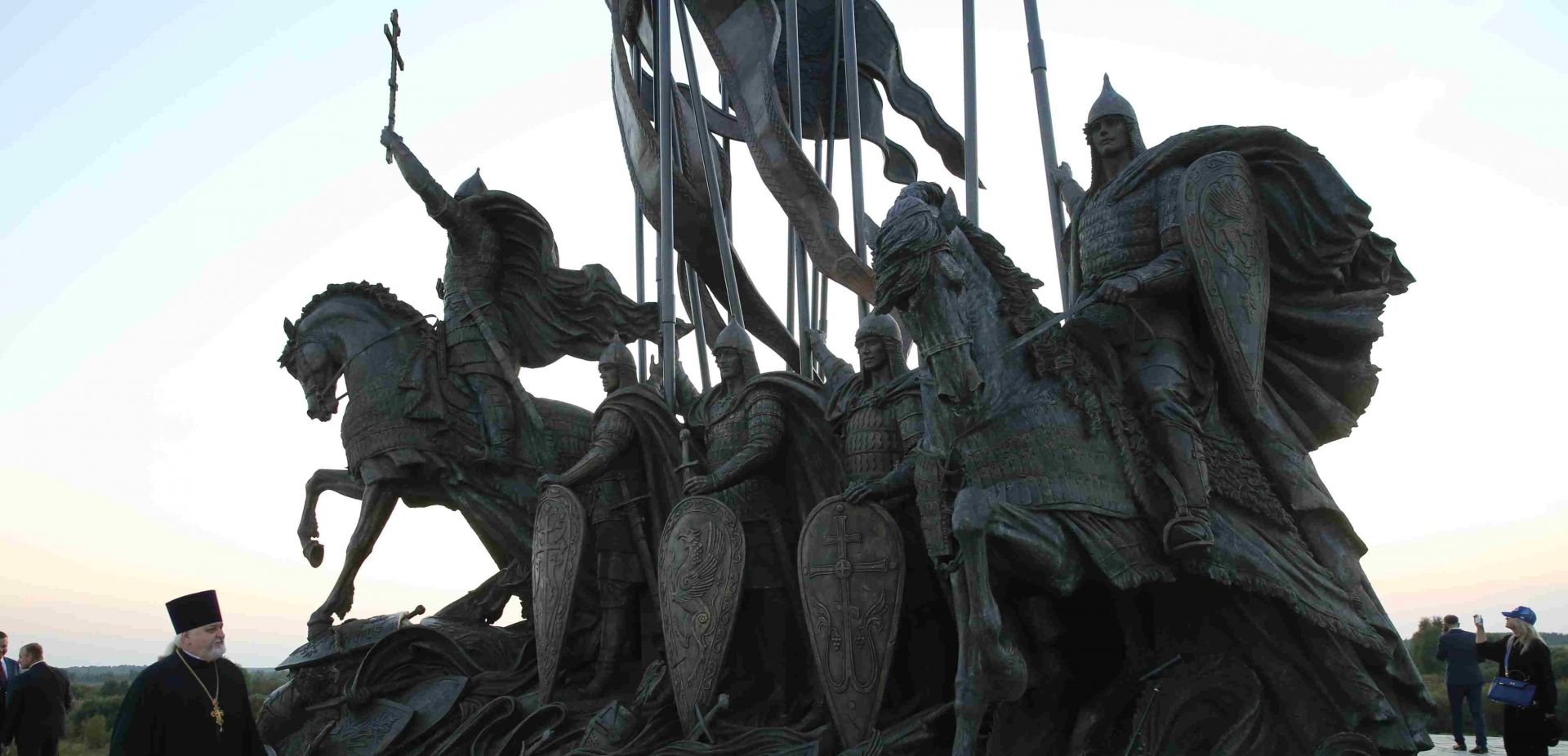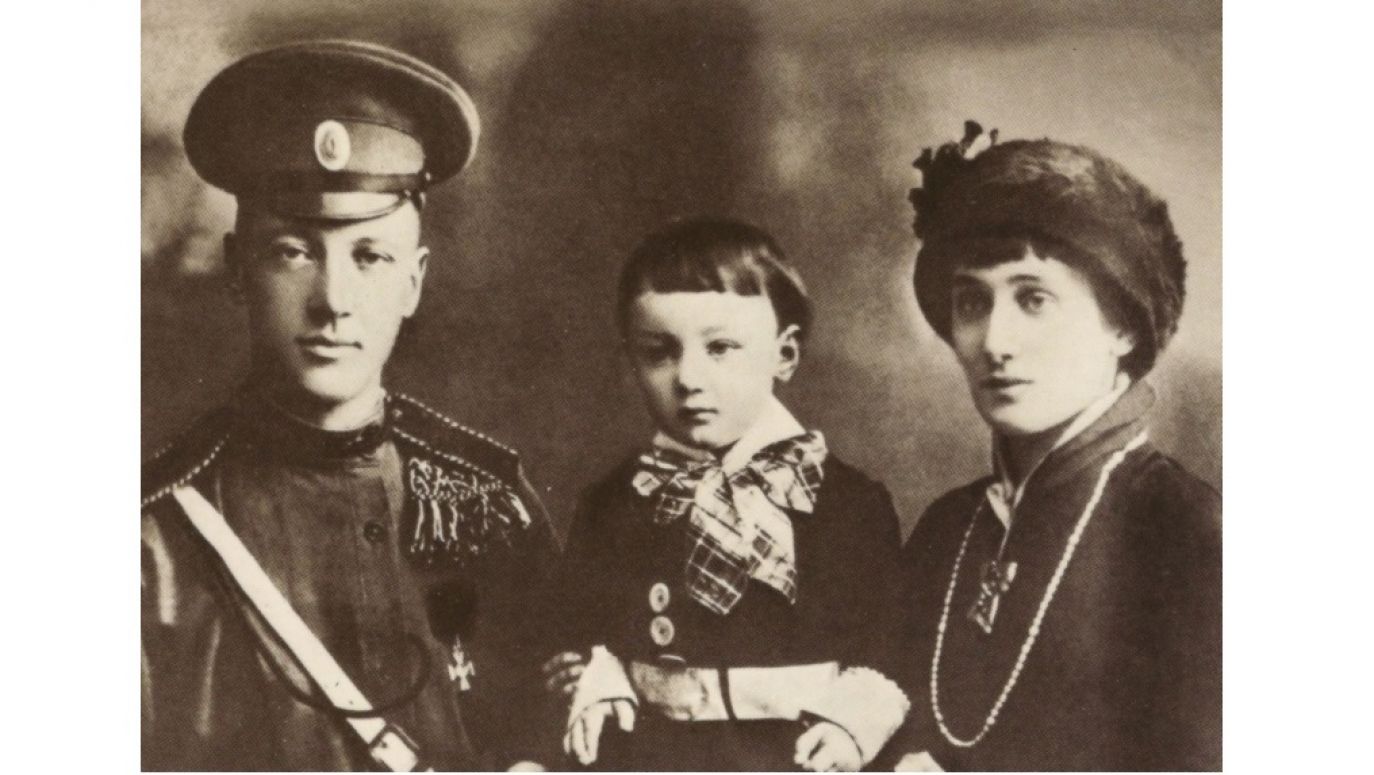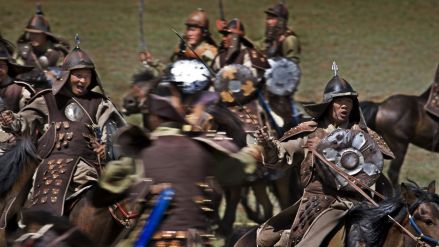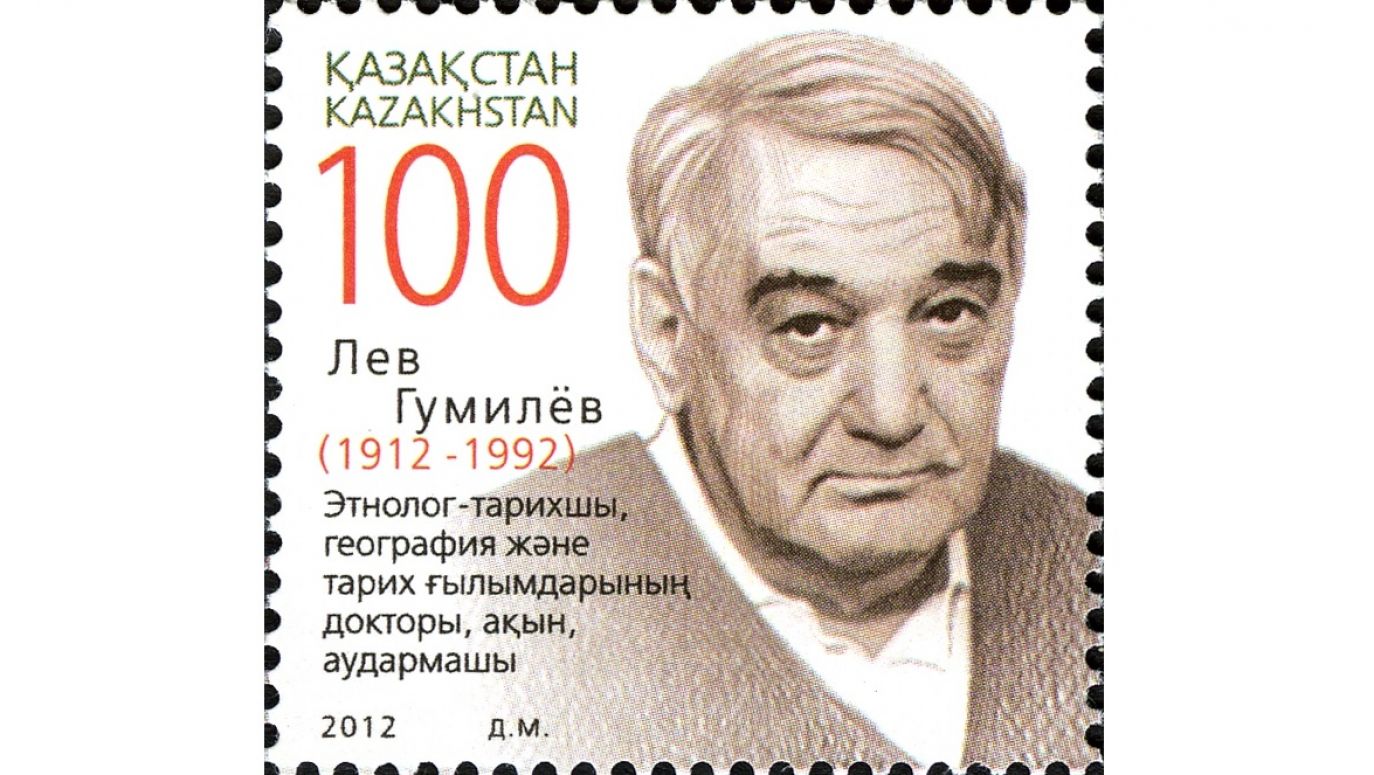At the end of August, much was heard about Alexandr Dugin. This was basically because of the death of his daughter. Daria Dugin was assassinated near Moscow when the car in which she was travelling was blown up on the highway. Neither perpetrators and masterminds have yet to be found and the matter remains the source of much speculation.
She was a commentator in the Russian media and she was an activist in the cause of the Russian war against Ukraine. Her father is better known as the chief propagandist of the Putin regime.
Alexandr Dugin is a theorist of Neo-Eurasianism a concept according to which Russia is not only by western standards a separate country but a separate civilisation- Eurasia. It’s not an original idea as the ‘neo’ prefix stresses. Dugin can be regarded as a poor imitator of a movement that arose in the twenties of the twentieth century.
The son of Akhmatova and the Mongols
It was in the White Russian émigré circles that an educated group formulated a critical attitude to the Soviet Union and crystalised their Eurasian programme. They concluded that the Soviet Union was nothing else but a latter-day iteration of the Russian empire, being in their opinion the heir of the Golden Horde, descendants of the Mongol invaders. They were convinced that Russian identity is resistant to all that comes from the West. They predicted that the USSR would gradually get rid of all European doctrines that originated there notably communism. By the same token, they would evolve towards a native political culture of Eurasia (which in some part has actually come about).
 SIGN UP TO OUR PAGE
SIGN UP TO OUR PAGE 
We could say that Dugin would not have existed without these people. But also for this accolade there is Lev Gumilyov, who advocated despite his difficulties, the ideology of Eurasianism, even in the USSR itself. Gumilyov was a historian and on October 14 celebrated the 110th anniversary of his birth. He was a remarkable character.
We can’t forget who his parents were. His father Nikolai Gumilyov was a poet, condemned in 1921 by the Bolsheviks on the basis of doctored evidence, od anti-Soviet conspiracy. He was sentenced to the firing squad. Hi mother was the famous poet Anna Akhmatova. She was the champion of the lyric form and was dubbed the Sappho of Russian literature.

 SIGN UP TO OUR PAGE
SIGN UP TO OUR PAGE 







